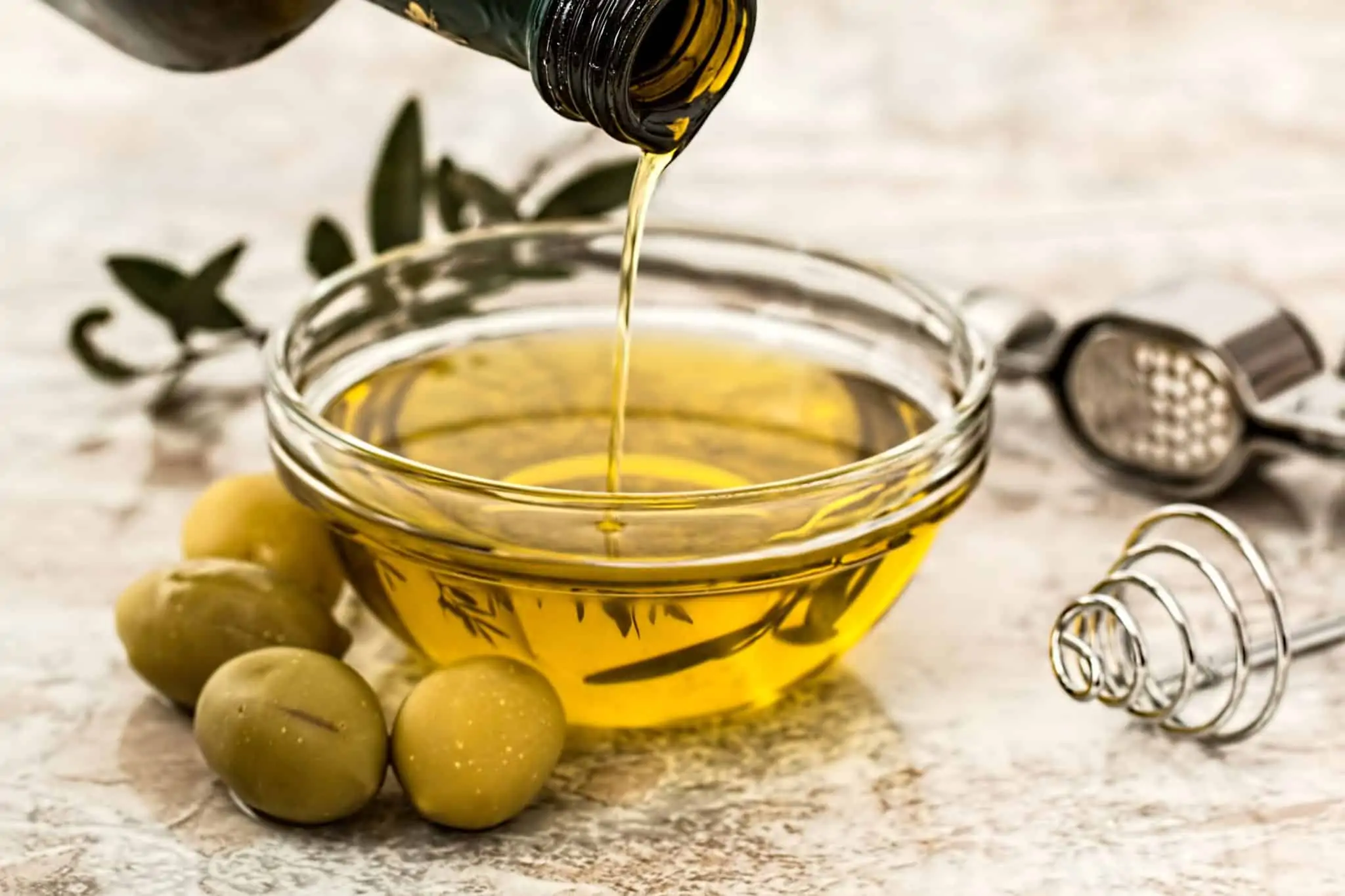Why Olive Oil Is a Sunnah Superfood — And How to Use It
Olive oil isn’t just a kitchen staple — it’s a sacred Sunnah. Mentioned in the Qur’an and praised by the Prophet Muhammad (ﷺ), this humble oil carries both spiritual and physical benefits. Science now backs what Islamic tradition has known for centuries: olive oil is a powerful tool for health and healing.
In a hadith, the Prophet (ﷺ) said, “Eat olive oil and use it on your hair and skin, for it comes from a blessed tree” (Tirmidhi). It’s one of the few foods recommended for both internal and external use, making it a Sunnah superfood worth reviving.
The Health Benefits: Backed by Science
Olive oil — especially cold-pressed, extra virgin — is rich in heart-healthy fats and antioxidants. It’s been linked to lower cholesterol, reduced inflammation, and even protection against chronic diseases like heart disease and Alzheimer’s. One of its standout compounds, oleocanthal, acts as a natural anti-inflammatory, similar to ibuprofen but without the side effects.
Other benefits include improved digestion, support for gut health, and antibacterial properties. Some studies even suggest it can help regulate blood sugar and protect brain function as we age.
Prophetic Wisdom, Modern Wellness
Islam doesn’t separate the spiritual from the physical. Foods recommended in the Sunnah often have deep nutritional value, and olive oil is a perfect example. The Qur’an mentions olives and their tree as being “blessed” (Surah An-Nur, 24:35). For centuries, Muslims have used olive oil not just in cooking, but also in medicine, skincare, and hair care.
Incorporating it into daily life can be a small but meaningful way to reconnect with prophetic traditions while also improving your health.
5 Easy Ways to Use Olive Oil Every Day
-
Drizzle It Over Food
Add a tablespoon of extra virgin olive oil to your salads, soups, or grilled veggies. The flavor is rich, and you get the full health benefits when it’s used raw. -
Take It as a Supplement
A spoonful on an empty stomach each morning can help with digestion and reduce inflammation. Start with a teaspoon and increase gradually. -
Use It for Hair & Scalp Care
Olive oil nourishes the scalp and helps reduce dandruff. Massage it into your scalp once a week, leave it for 30 minutes, then wash out. -
Natural Moisturizer
After wudu or a shower, apply a few drops to your face or body. It hydrates the skin naturally and gives it a healthy glow. -
Try Oil Pulling
Swishing olive oil in your mouth for 5–10 minutes before brushing may help remove toxins and support oral health — a holistic practice rooted in ancient traditions.
What to Look For (and What to Avoid)
Not all olive oils are created equal. If you're using it for health and Sunnah purposes, look for:
-
Cold-pressed, extra virgin olive oil
-
Dark glass bottles (they protect against oxidation)
-
Single-origin oils from Palestine, Spain, Tunisia, or similar regions
Avoid cheap blends, plastic bottles, or products labeled "light olive oil" — these are usually processed and stripped of nutrients.
If you’re looking for a good starting point, here are a few trusted brands offering Sunnah-quality oils:
→ Olive Oil
Final Thoughts: Small Sunnahs, Big Barakah
Olive oil is simple, powerful, and full of benefit. Adding it to your routine — whether in food, skincare, or self-care — connects you to the timeless wisdom of the Prophet Muhammad (ﷺ) and brings barakah into your everyday choices.
This is more than just a health trend. It’s a Sunnah you can revive at the breakfast table, in your bathroom cabinet, and in your overall lifestyle.



Comments
Post a Comment